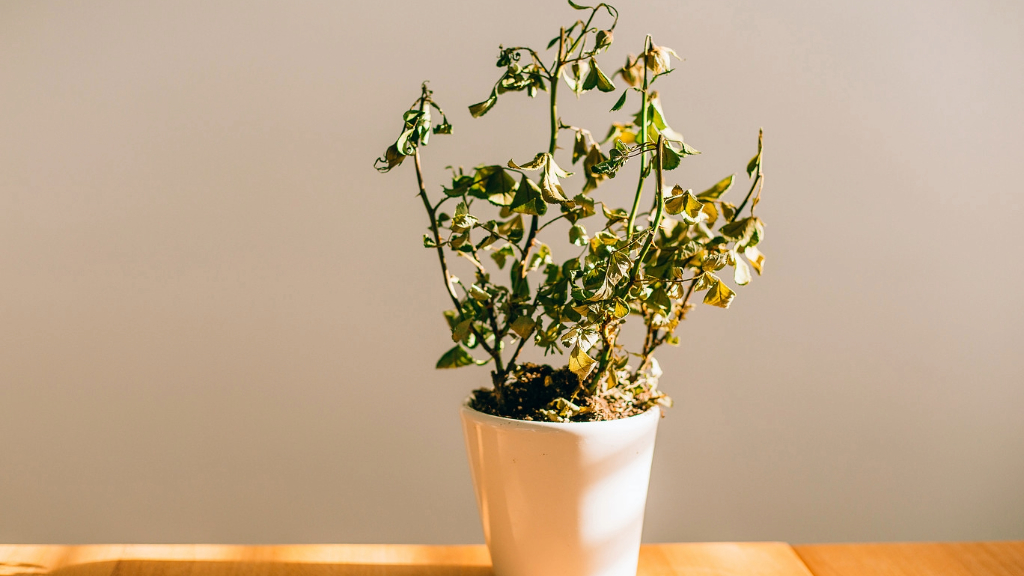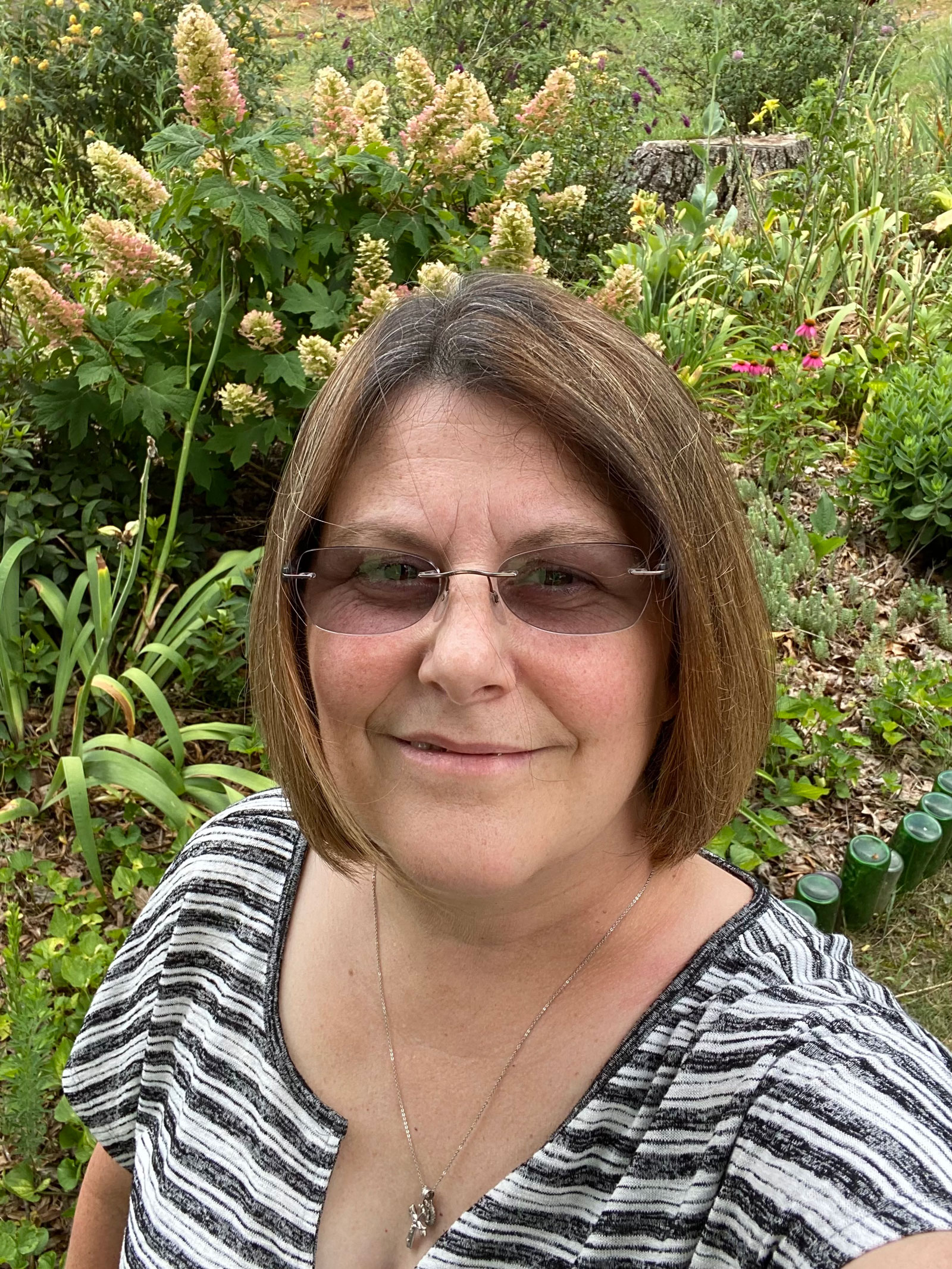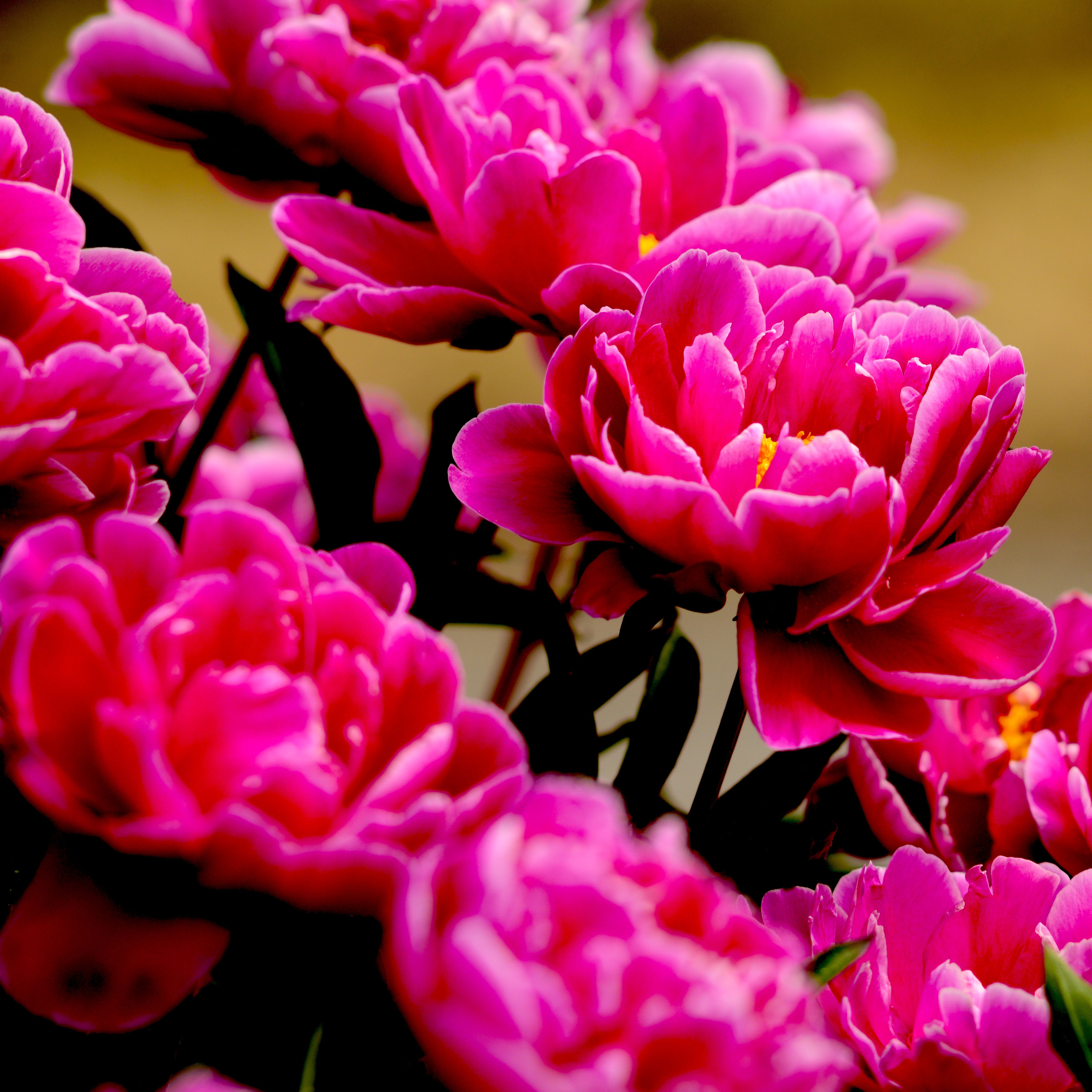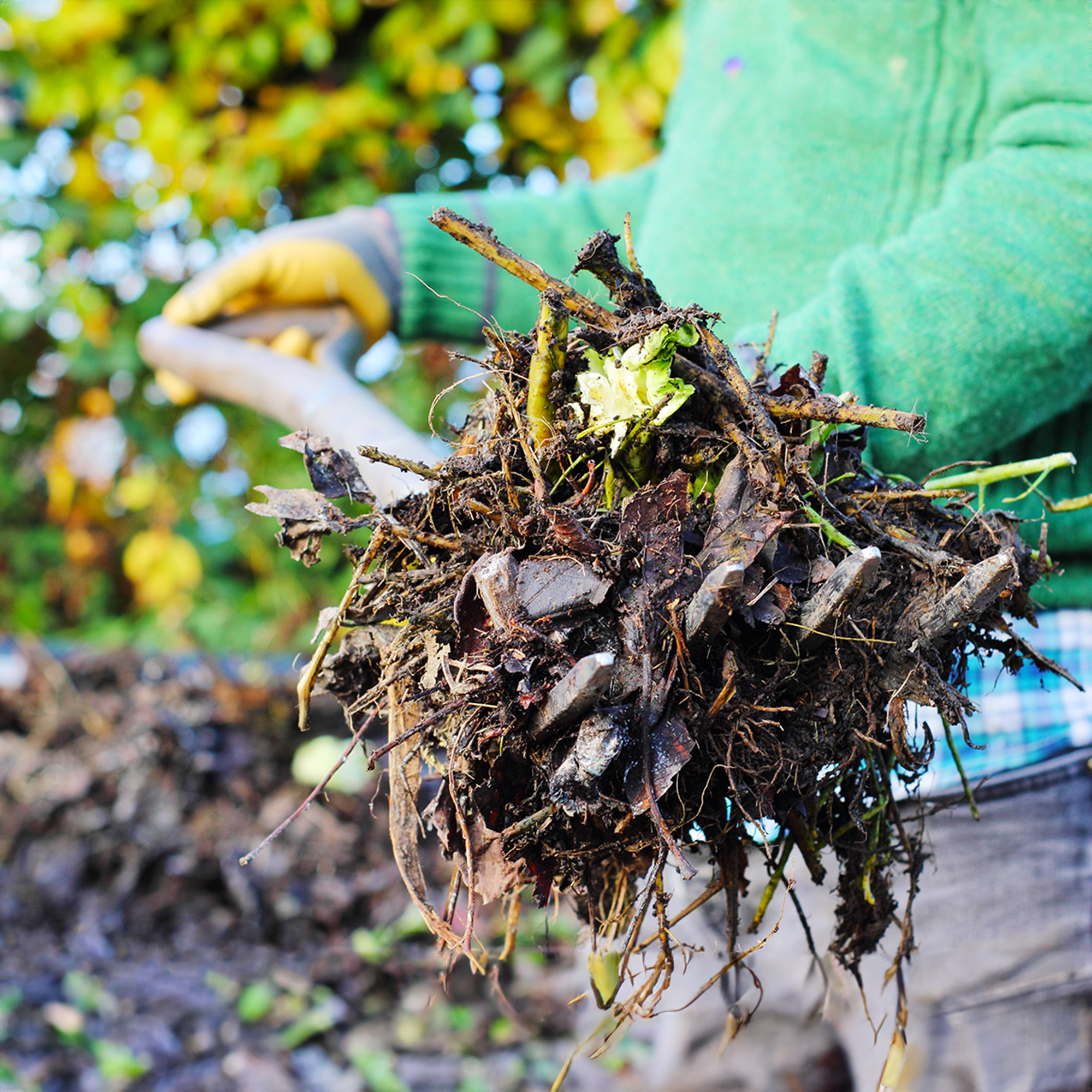Mourning Plant Loss - When A Plant Dies, It's A Real Thing


Plants make me happy, most of the time anyway. I get to nurture them and watch them grow much like I did when my kids were little. The kids are all grown and moved away. I miss nurturing them, so I am guessing that my love for plants has somehow filled the void of my now empty nest.
While this isn't anything new, as I've always been close to my plants, even giving some of them names and talking to them, it's definitely intensified. This is especially true with plant loss.
Grieving for Dying Plants
Grieving for dying plants, after all my best efforts, can be devastating. I won't lie - I cry! Laugh if you must. I'm used to it. My family thinks I'm a bit "off" in this respect. But it's real my friends, and I think it may just happen more than most people care to admit. But why? It's just a plant after all, right.
Plants have always held a special place in the hearts of gardeners. And nowadays more and more young people are taking on the task of "plant parenting" as opposed to getting a dog or cat. Many are even putting off having children. I must admit this is a good thing. It teaches one to put something else first, and that means caring for and meeting its needs. So when a plant dies suddenly, it can be heartbreaking. It may even make you question your ability to adequately care for something other than yourself.
When a plant dies, you're not alone.
I've been gardening for nearly 30 years and this is, by no means, a reflection on how well you would do in caring for your pets or children. It just happens. Most would consider me an experienced gardener, yet I've managed to "kill" many plants, most with kindness. For me, it's usually houseplants. I can basically make anything thrive in the garden where nature does most of the work. Inside is a different story.
Houseplants require more work and specific growing conditions that aren't as easy to accommodate. That said, there are TONS of low-maintenance plants that can be grown both in the home and garden.
Still, having a low-maintenance plant doesn't mean it's immune from death. These plants still require care, but even with the best of care, plant death happens. Succulents are one of the easiest plants to grow, but I manage to lose them, mostly from overwatering. And I simply cannot get croton plants or even a schefflera to thrive despite my best efforts. Mourning plant loss after putting so much of yourself into it is hard. It hurts. I failed! The gardener with so much experience failed!
Gardening tips, videos, info and more delivered right to your inbox!
Sign up for the Gardening Know How newsletter today and receive a free copy of our e-book "How to Grow Delicious Tomatoes".
How could this be? And the tears come. Not sure if it's so much for the actual plant, though I do grieve for it, as it is my feelings of failure. And, of course, the loss of plants that I have grown for years or those I've started from seed and watched grow, flourish, reproduce and then wither away tend to hit me especially hard.
Regardless of why the plant died, the loss felt is real. Grieving for dying plants, and grief in general, is different to everyone. Some take it harder than others, and that's okay. There's no one size fits all. And for anyone laughing, consider this - gardening, or just being around plants, has been proven as therapeutically beneficial. It's great physically, emotionally and psychologically.
Why then is it so difficult to believe that losing a plant wouldn't have some effect as well?

Nikki Tilley has been gardening for nearly three decades. The former Senior Editor and Archivist of Gardening Know How, Nikki has also authored six gardening books.
-
 Grow ‘Karl Rosenfield’ Peony Plants For The Ultimate Frilly Border Beauties And Cut Flowers
Grow ‘Karl Rosenfield’ Peony Plants For The Ultimate Frilly Border Beauties And Cut FlowersFor frilly double magenta peony petals infused with a heady fragrance, grow ‘Karl Rosenfield’ peony plants. Here’s how to cultivate the ultimate plushy blooms
By Tonya Barnett
-
 10 Common Composting Problems That Can Spoil Your Garden Gold – Plus Easy Fixes
10 Common Composting Problems That Can Spoil Your Garden Gold – Plus Easy FixesLearn how to troubleshoot common composting issues before they ruin your stash – from bad smells and bugs to materials not breaking down as they should.
By Susan Albert